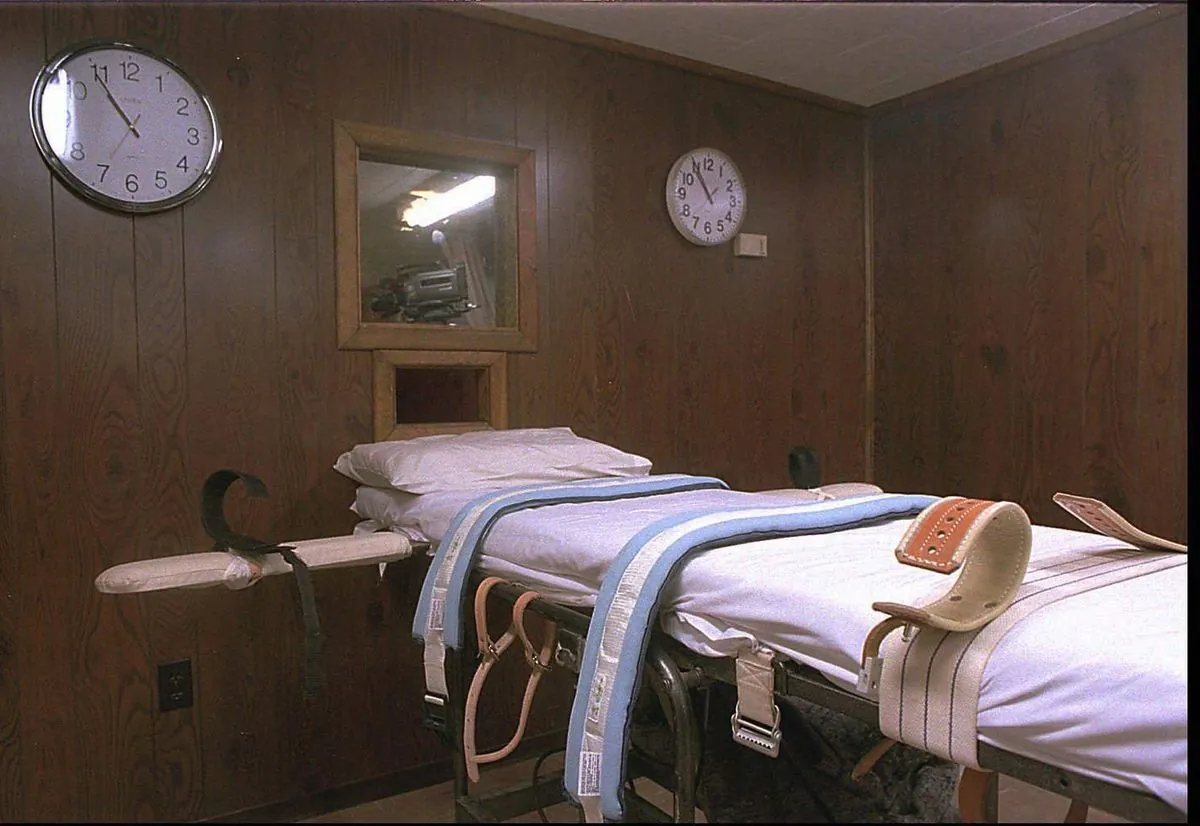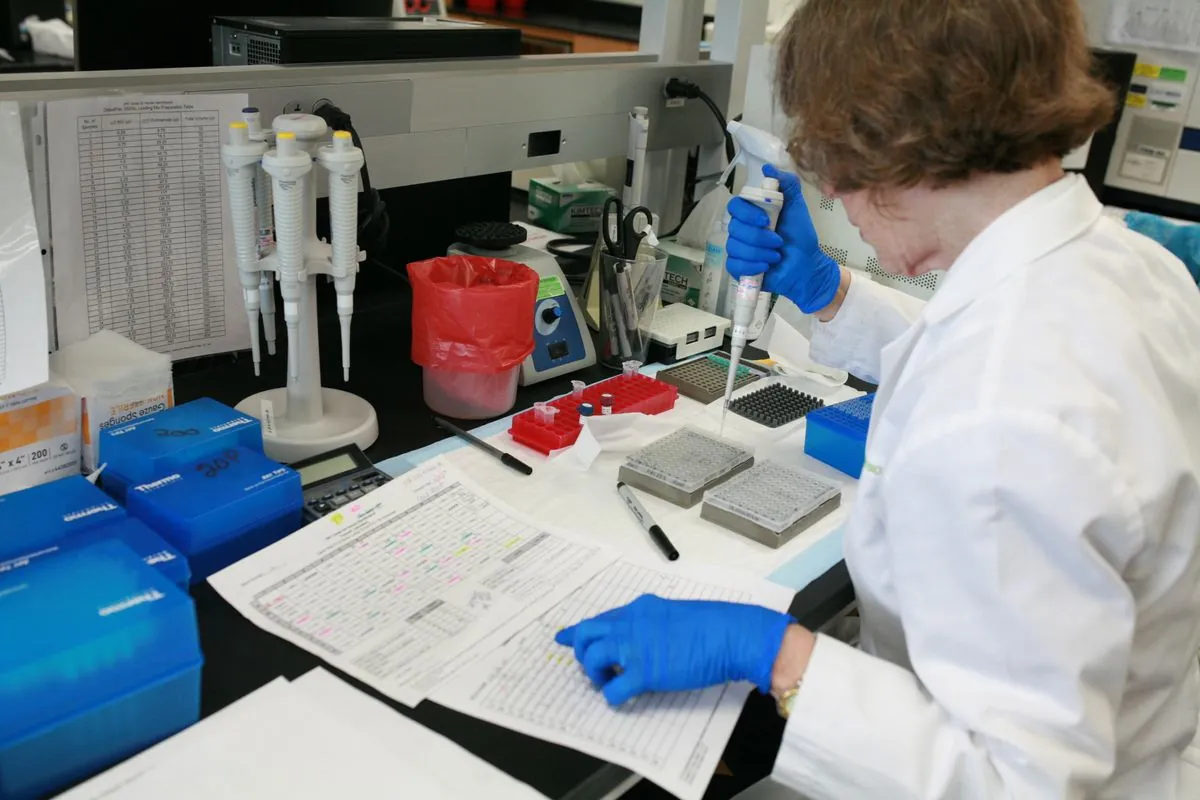Missouri Set to Execute Man Despite Doubts from Original Prosecutor
Marcellus Williams faces execution in Missouri, despite concerns raised by the original prosecutor's office. New DNA evidence and witness reliability issues have sparked debate over the case's integrity.

In a controversial case that has reignited debates about capital punishment, Marcellus Williams, 55, is scheduled for execution in Missouri on September 24, 2024. This impending execution has drawn significant attention due to concerns raised by the very office that initially secured his conviction 21 years ago.
Williams was found guilty in 2003 for the murder of Felicia "Lisha" Gayle, a former journalist. However, recent developments have cast a shadow over the integrity of the original trial. Wesley Bell, the current St. Louis County prosecuting attorney, has voiced apprehensions about proceeding with the execution, citing several troubling factors.
"Even for those who disagree on the death penalty, when there is a shadow of a doubt of any defendant's guilt, the irreversible punishment of execution should not be an option."
Bell's office has highlighted issues including questionable witness reliability, potential racial bias in jury selection, and new DNA evidence. Notably, recent tests revealed no trace of Williams' DNA on the murder weapon, instead finding DNA from a prosecutor and an investigator who had handled the knife without proper precautions.

These findings led to an agreement in August 2024 between prosecutors and Williams' defense team for a life sentence instead of execution. However, Missouri Attorney General Andrew Bailey intervened, blocking the deal. Subsequently, both the state Supreme Court and Governor Mike Parson rejected final appeals to halt the execution.
The case has brought to light several critical issues within the U.S. criminal justice system. DNA evidence has played a pivotal role in exonerating over 375 wrongfully convicted individuals since 1989, underscoring its importance in ensuring justice. Moreover, the average time between sentencing and execution in the U.S. is approximately 19 years, raising questions about the efficiency and humanity of the process.
Missouri, one of 27 states still employing capital punishment as of 2024, has executed 92 individuals since the reinstatement of the death penalty in 1976. The state primarily uses lethal injection for executions, a method that has faced scrutiny and challenges in recent years.
The Midwest Innocence Project, representing Williams, has been instrumental in exonerating over 20 wrongfully convicted individuals. Tricia Rojo Bushnell, Williams' attorney, emphasized the gravity of the situation, stating that executing an potentially innocent man could undermine the legitimacy of the entire criminal justice system.
As the execution date approaches, all eyes are on the U.S. Supreme Court, which holds the power to intervene even at the eleventh hour. This case continues to fuel discussions about the death penalty, wrongful convictions, and the role of DNA evidence in ensuring justice.


































